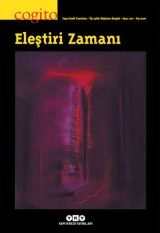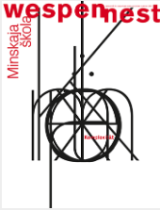There is never a psychopathology without the social context
An interview with Juliet Mitchell
British feminist and psychoanalyst Juliet Mitchell talks to Cogito about her role in the British New Left in the 1960s. Mitchell was at the centre of the movement: as editorial board member of the New Left Review, as participant in Third World and anti-psychiatry movements, and as co-organizer of grassroots initiatives, including the “Anti-University”, founded on the steps of Shoreditch Church in East London. Here, Mitchell outlines her intellectual trajectory from her early Marxism, to feminism of the mid-1960s, and to psychoanalysis in the 1970s.

